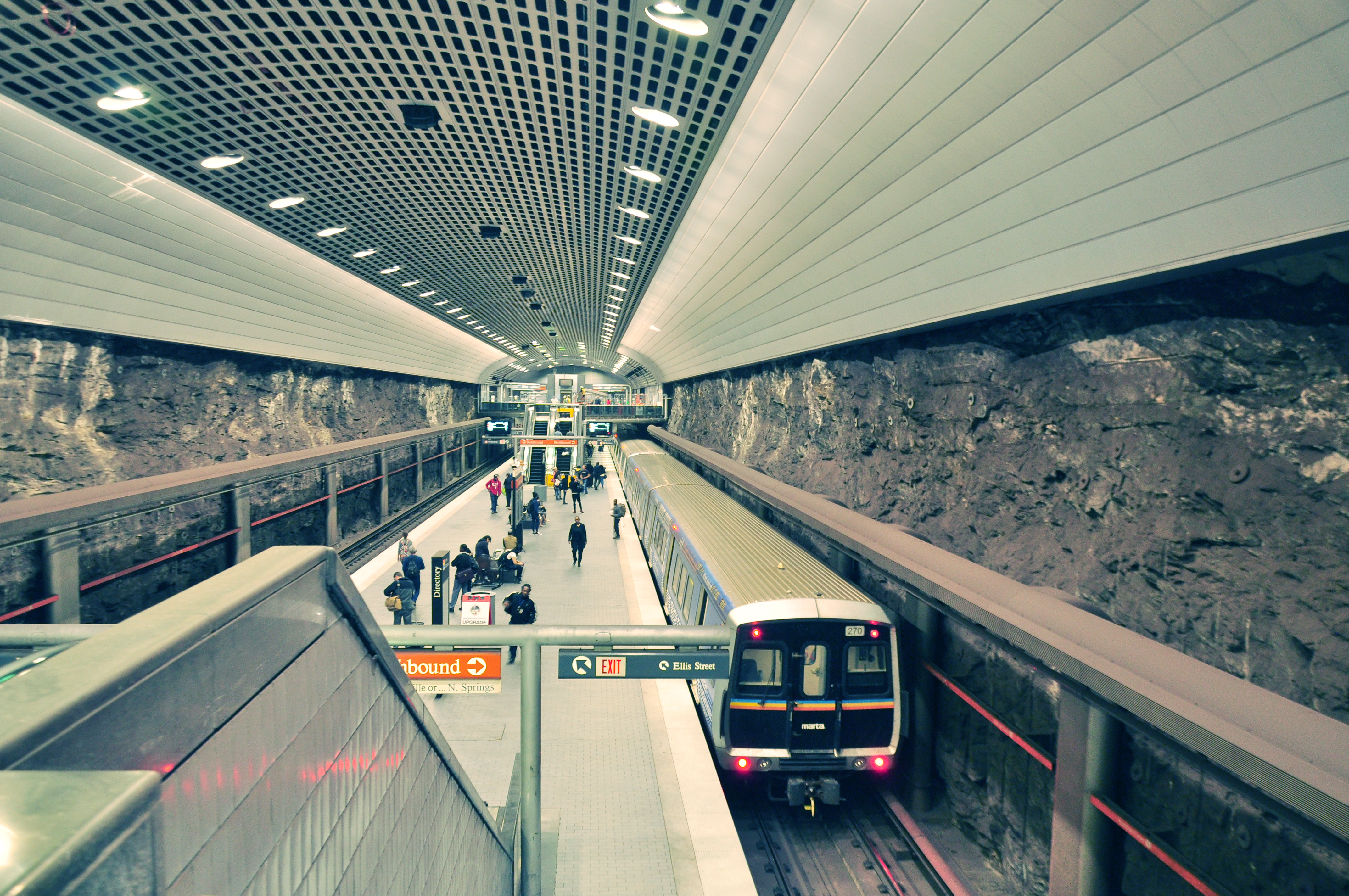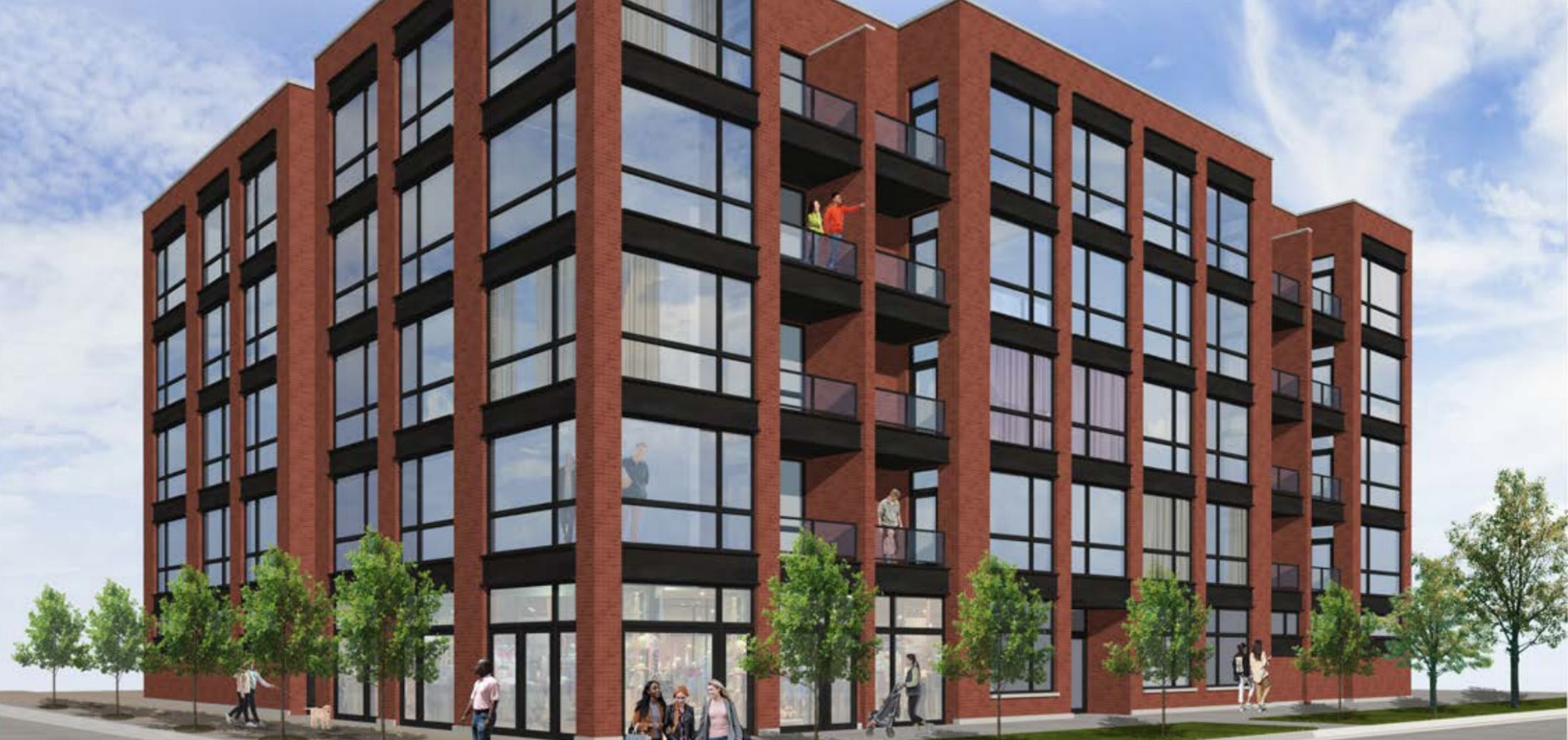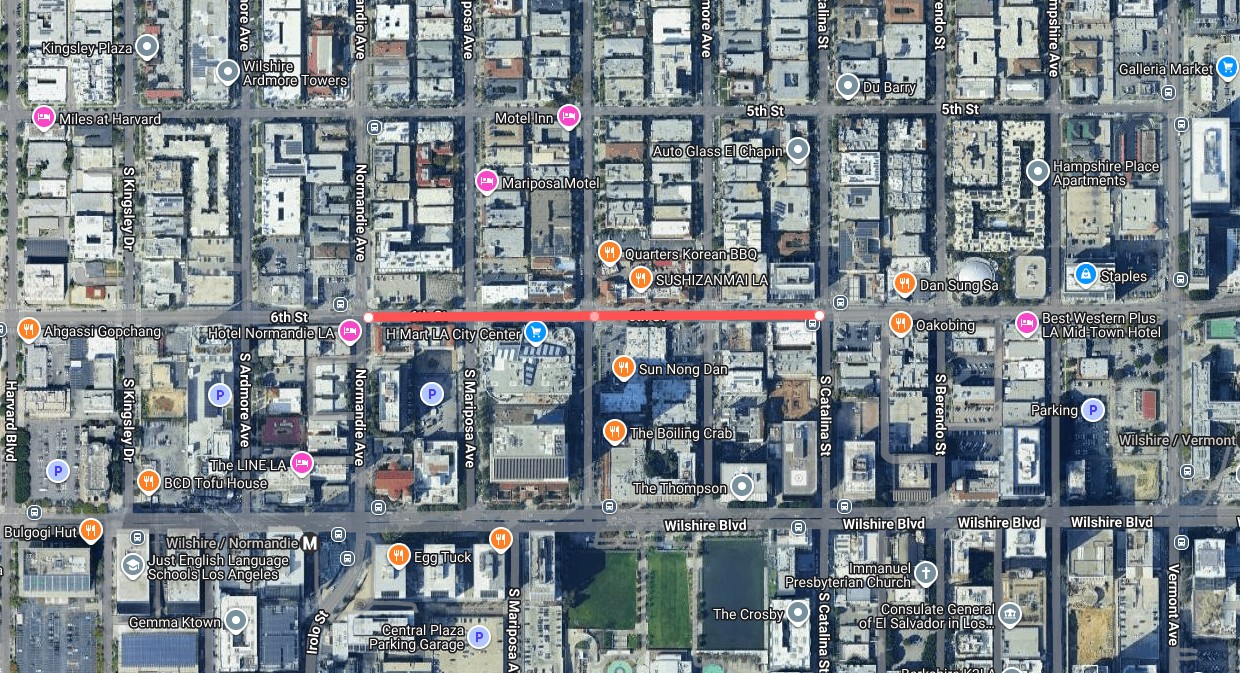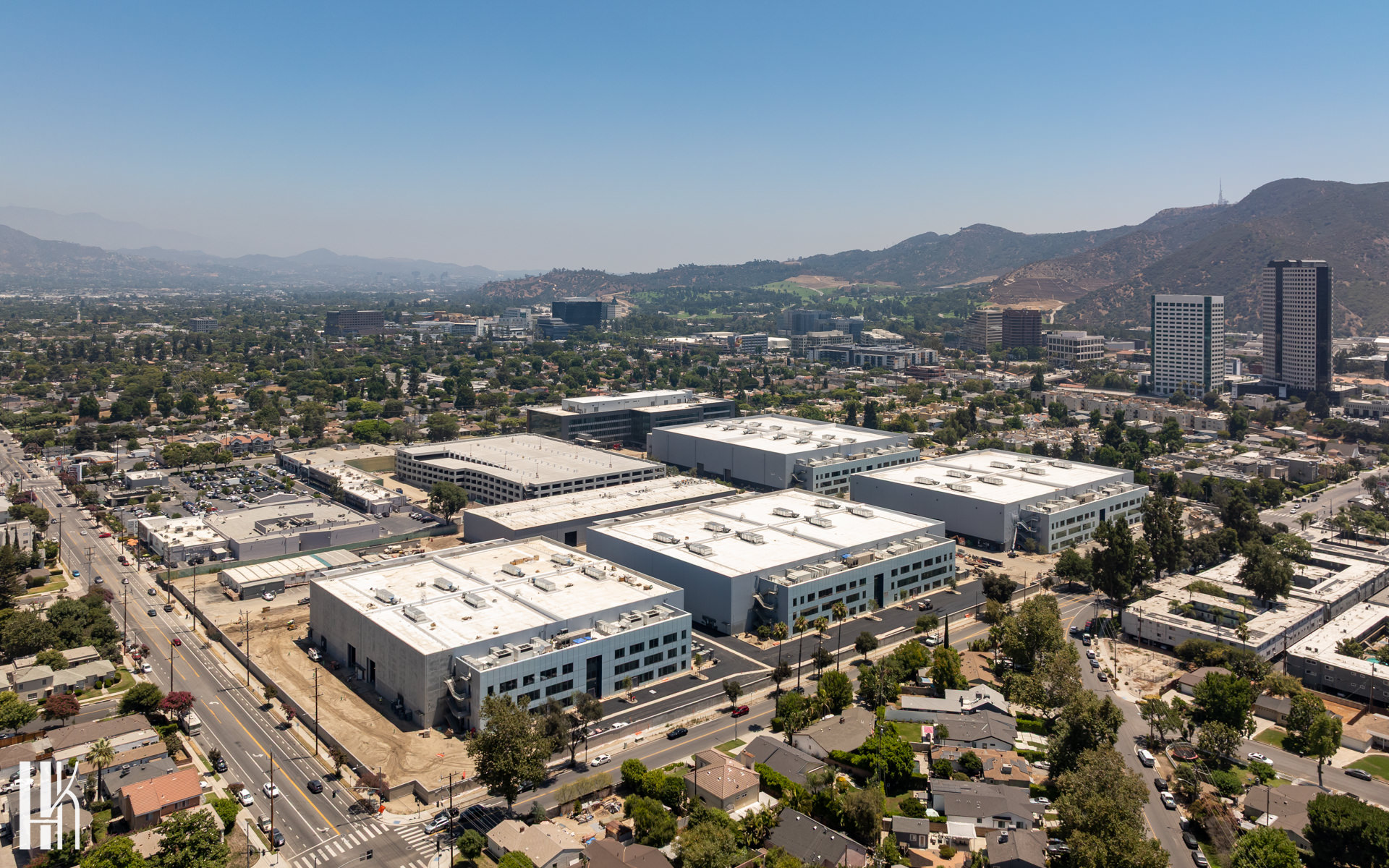Your City. Your Market. Your Next Deal.Stay up to date on national urban real estate |
|
📅 Today's Story: As AI becomes more and more commonplace in planning departments, urban planner Tom Sanchez argues the stakes are rising fast—and so is the need to embed ethics and public accountability into how we deploy new tech.
PLANNING
Urban Planners Face High Stakes As AI Tools Enter The Field |
|

A rendering of Toronto’s Quayside smart city (Sidewalk Labs)
📰 What Happened: Modern AI tools enable both amateur and professional planners to analyze mobility data, identify patterns, and visualize faster than ever, revolutionizing urban planning. But the rapid rise of generative AI (genAI) also raises concerns around privacy, bias, and transparency.
🔍 A Closer Look: GenAI systems can perpetuate systemic inequities if they rely on biased or incomplete data. Accountability (and accuracy) can also be murky when vendors build tools without a background in urban planning. Historical examples—like Toronto’s failed Sidewalk Labs project—highlight how easily trust can be lost.
🧠 Why It Matters: Some forward-thinking cities are responding by establishing ethics committees and requiring independent oversight from the outset. If AI is to serve as a tool for inclusive, equitable decision-making, planners must ensure that community input is foundational—not an afterthought.
| Atlanta apartment prowess; Peachtree Center; future The Forge vision? Real estate, architecture, and urban planning news from around Atlanta |
| CitywideMARTA: Take transit to big Labor Day Weekend events. Here's how Atlanta transit agency aims to avoid more mishaps for Dragon Con, college football, other major happenings |
| Marietta Street ArterySwanky new Stella at Star Metals tower inks deals with more retailers Three fresh concepts to join Italian eatery, cocktail bar in the clouds at West Midtown property |
| LakeviewFoundation permits issued for townhomes at 2235 W. OakdaleThe residential development will see the construction of 35 townhomes |
| Irving ParkRendering emerges for mixed-use development at 4100 W. BelmontThe five-story building will have 32 apartments and retail |
| KoreatownCouncilmember proposes four-block pedestrian plaza in KoreatownIt would require closing 6th Street to vehicular traffic between Normandie and Catalina |
| BurbankFlying over the Warner Bros. Ranch Lot in Burbank30-acre property will include 326,000sf of offices and 16 soundstages |
| SawtelleAffordable housing planned at 12222 Exposition Blvd. in SawtelleAnother ED1 project located steps from Expo/Bundy Station |









